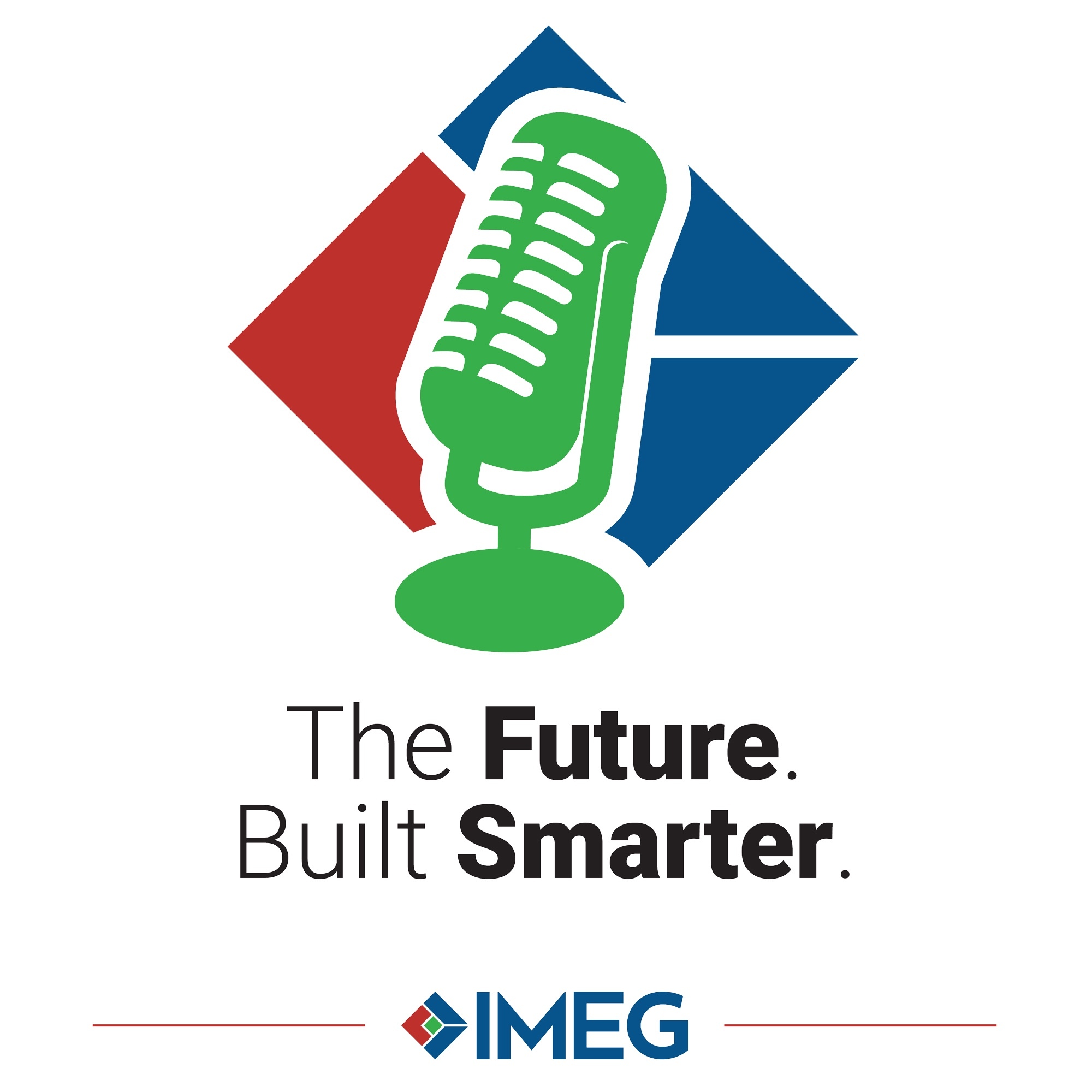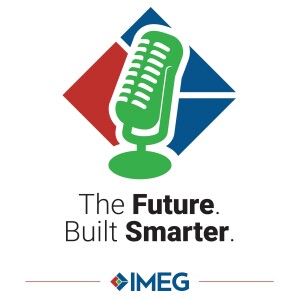
6.8K
Downloads
67
Episodes
Engineers and designers from IMEG, a top 5 U.S. engineering firm, discuss innovative and trend-setting building and infrastructure design with architects, owners, and others in the AEC industry. Topics touch on all market sectors, engineering disciplines, and related services.
Episodes

Monday Mar 31, 2025
Rapidly evolving industries make proactivity critical for success
Monday Mar 31, 2025
Monday Mar 31, 2025
This episode of The Future Built Smarter—one in a series of conversations with IMEG’s market leaders—examines the industrial and manufacturing sector with Mike Walsh, Senior Director of Industrial. The teams under his leadership work on a broad range of projects from aerospace to wastewater treatment facilities. "The diversity of our work is what makes it exciting—every project has its own set of challenges and opportunities," he says.
Challenges currently facing industrial and manufacturing clients include speed to market (proper planning is critical to avoid delays that can cost companies millions); talent shortages (a lack of skilled professionals affects both operations and project execution); and technology integration (AI, automation, and robotics are becoming essential in addressing labor shortages and improving efficiency). "We’re seeing more companies invest in automation, not just to improve efficiency, but to fill the gaps left by labor shortages," Mike says.
Ensuring reliable access to power—a topic Mike examines in an IMEG blog post—also is critical for industrial and manufacturing owners. This is due to several factors affecting the power grid: increased demand due to population growth and electrification; increased power consumption by high-computing AI and data centers; aging infrastructure; severe weather impacts; and long lead times for major electrical equipment. "Securing enough power to support operations is one of the biggest challenges companies face today,” Mike says. “If you’re not thinking about power availability early in your planning process, you could be in for a long and costly wait.” To avoid such delays, he advises clients to evaluate power availability early in their project planning—ideally before purchasing land.
The challenges and opportunities in the rapidly developing industrial market make it imperative for owners to take a proactive approach, Mike says. This will enable them to stay ahead of the curve and build smarter, more sustainable operations. "The companies that succeed will be the ones that embrace change and invest in the right strategies today."

No comments yet. Be the first to say something!